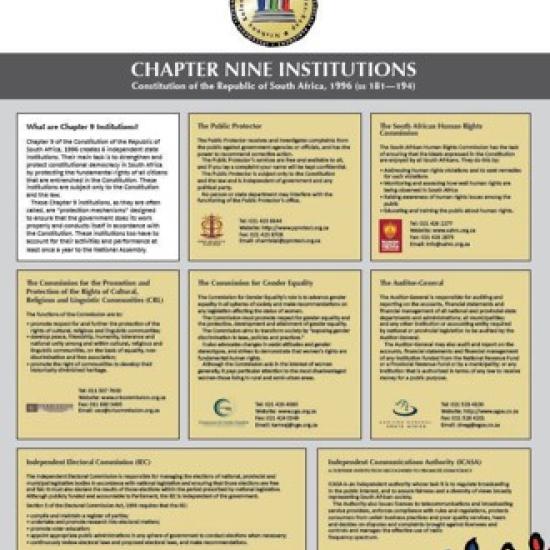Secondment of employees
presents unique opportunities for troubled local government and oversight institutions

Municipalities and oversight institutions play a pivotal role in the development and governance of communities. Yet, many still face persistent challenges, particularly in terms of staffing shortages, resource constraints and the lack of specialised expertise.
While transferring national government employees to local government roles may not always be feasible due to existing regulations, the secondment of suitably qualified ancillary government employees, who are additional to the establishment, remains the only viable solution, considering the current financial constraints.
Secondment is the temporary assignment of an employee to a different role or organisation while under the employ of their original employer. This practice offers an opportunity for municipalities and oversight bodies to access critical skills and knowledge without the complexities of permanent staffing changes.
The secondment prescripts outline that these employees can be assigned to roles where their skills are most needed, for specified periods, to enhance governance and service delivery. Local government and oversight bodies like Chapter 9 and Chapter 10 institutions can benefit from such enhanced capacity and expertise.
In South Africa, the Public Service is guided by a framework set out in the Public Service Act of 1994 and relevant departmental regulations. These prescripts ensure that secondment is carried out with clear agreements outlining the terms and conditions of the assignment, including the duration, objectives and expected outcomes.
These agreements must ensure that seconded employees continue to retain their rights, salary benefits and other employment conditions during their temporary assignment.
While secondment is designed to address staffing gaps, it must be managed transparently, with attention to the skills and needs of the host municipalities or oversight institutions.
A plethora of benefits for secondment
Municipalities and oversight bodies often face critical gaps in expertise in the areas of finance, governance, monitoring and evaluation, project management and consequence management. Seconding additional employees with these skills enables municipalities to address areas where expertise is most needed, without the need to recruit new staff.
These employees can assist in high-priority areas and help municipalities improve service delivery, streamline operations in critical components of effective governance and enable them to meet the demands of their communities more effectively.
For oversight institutions, seconded employees with governance and compliance experience can strengthen auditing, research, investigation, monitoring and evaluation functions and enhance the accountability mechanisms that ensure municipalities are performing optimally.
These employees bring a fresh perspective by offering insights into how policies and compliance systems can be monitored and enhanced. This cross-pollination of ideas contributes to improving local governance by bringing fresh perspectives and solutions to existing challenges.
By leveraging on the expertise of seconded employees, municipalities and oversight bodies can ensure stronger checks and balances, leading to a culture of transparency and accountability for the resources entrusted to them.
Additionally, employees gain valuable experience and skills, thus contributing to their career development and enhancing their professional growth.
The mental health impact of secondment
While secondment offers a solution to addressing capacity gaps, the experience of being an employee “additional to the establishment” carries its own challenges – particularly from a mental health perspective.
Many of these employees have been left in limbo for years, waiting for permanent positions, yet often continuing to perform essential duties that contribute significantly to the functioning of government departments. The pressure to prove their value, the sense of uncertainty regarding their career progression and the responsibility of training new, permanent employees can take a toll on mental health.
The emotional and psycho- logical strain of being in a seemingly precarious position can lead to feelings of isolation, burnout and frustration. This can result in diminished job satisfaction, stress and anxiety, impacting both their performance and overall well-being.
There is a need for the departments of Public Service and Administration, and Cooperate Governance and Traditional Affairs, in partnership with Chapter 9 and 10 institutions, to consider secondment as a strategic tool for strengthening local governance, while simultaneously taking action to support the well-being of employees who are additional to the establishment.
I am confident that by embracing secondment and addressing the challenges that these employees face, we can create a more resilient, accountable and effective public service.
*Makhubele is the Chief Director: Provincial Coordination in the Office of the Public Service Commission. She writes in her personal capacity.




